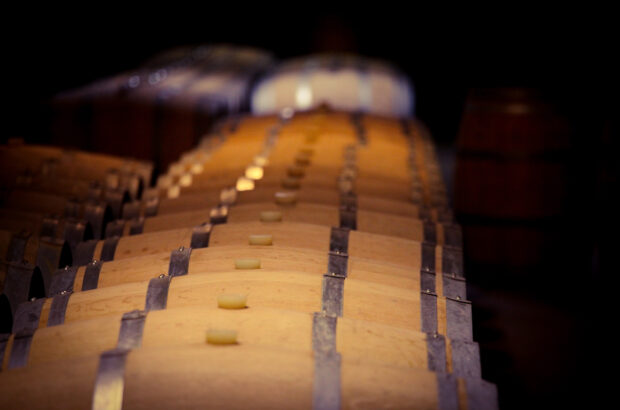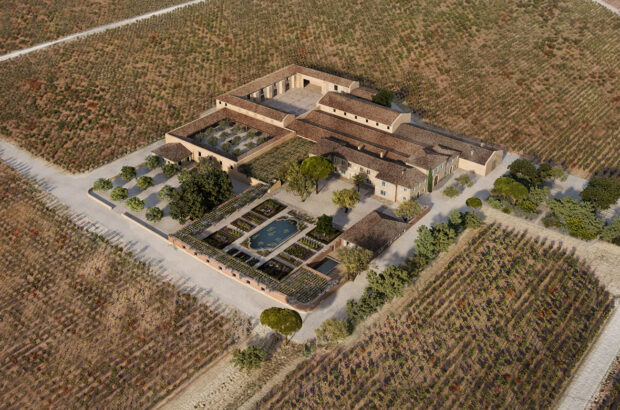Kath Osborne, by email, asks: I keep seeing the phrase ‘clean wine’. What is this? Is it the same as natural wine?
Anne Krebiehl MW, a regular contributor to Decanter, replies: Clean wine is nothing but a marketing ploy that exploits consumer ignorance about how wine is made. This concept has worked in cosmetics for a long time, and now cynical marketeers are applying it to wine, declaring their product as ‘clean’, implying that it is produced to supposedly higher health standards than other wines – denigrating those in the process.
No wine is ‘clean’, because wine contains alcohol. ‘Clean’ wine cannot be compared to natural wine, which, without legal definition, usually means wine made from grapes grown with low environmental impact and vinified either without additives or with as few as possible, notably the preservative sulphur dioxide.
In a way, most of these wines are far ‘cleaner’ than those purporting to be ‘clean’.
Concerned consumers are better off looking for wines that have been certified organic, biodynamic or sustainable.
This was first published in the December 2020 issue of Decanter magazine.







